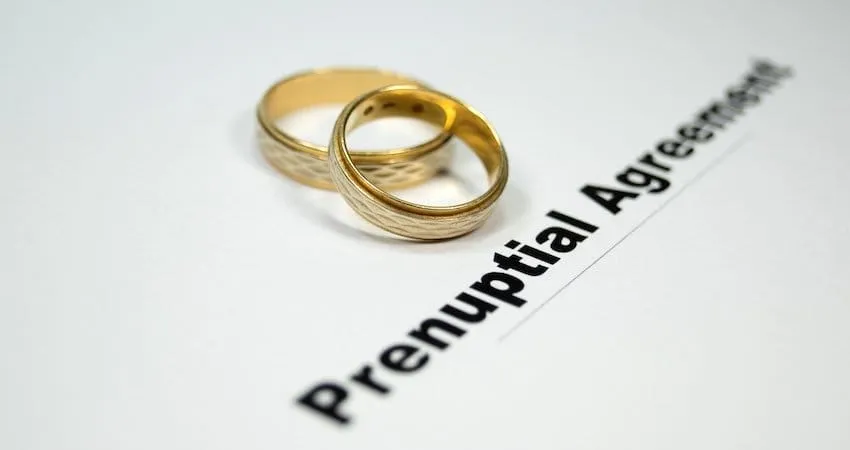



Prenuptial agreements are powerful planning tools for safeguarding real estate and other assets in the event of divorce. But many property owners ask: What happens to property in a prenup after a divorce actually occurs?
In the UK, while prenuptial agreements are not automatically binding, courts give them increasing legal weight — especially when the agreement is fair, clear, and properly executed. This article explains how property is treated during divorce when a prenup is in place, and how Fraser Bond helps clients protect and prepare their real estate assets for such eventualities.
Yes — but with conditions. UK courts will generally uphold a prenuptial agreement if:
Both parties freely entered into the agreement
Each party received independent legal advice
There was full disclosure of assets
The agreement is fair and meets the needs of both parties, particularly any children
When these criteria are met, courts are likely to follow the terms laid out in the prenup — including how property is handled.
If the prenup ring-fenced property owned before the marriage, courts will usually allow the owner to retain that property after divorce.
Example:
A flat in Chelsea purchased five years before marriage and identified in the prenup as separate property will likely remain solely with the original owner.
If the couple bought a home or investment property together, the prenup can:
Specify ownership shares (e.g., 70/30)
Outline what happens in a sale
Detail any buyout or transfer conditions
The court may uphold these terms if they are clear and fair.
Even with a prenup, the family home is closely scrutinised, particularly if children are involved. Courts may:
Allow one party to remain temporarily in the home
Order a sale with proceeds divided as per the agreement
Prioritise child welfare over strict enforcement
This is why clarity, fairness, and professional valuation are essential in prenup planning.
If these were declared as non-matrimonial property in the prenup, they are likely to remain with the original owner. This includes:
Buy-to-let portfolios
Holiday rentals
Commercial real estate
Courts usually respect these protections when adequately documented.
A spouse may challenge the prenup if:
They claim they were pressured to sign it
The agreement is deemed unfair at the time of divorce
Circumstances have changed significantly (e.g., birth of children)
Having accurate valuations, clear clauses, and up-to-date documentation greatly enhances enforceability — which is where Fraser Bond plays a critical role.
Fraser Bond offers expert support to ensure your real estate assets are protected and properly managed during and after divorce. Our services include:
Independent property valuations at the time of agreement
Asset classification reports to distinguish matrimonial vs non-matrimonial property
Ownership and contribution documentation
Portfolio mapping and segmentation for high-value or complex holdings
We work closely with legal advisors to ensure the prenup’s property terms are supported by clear, defensible real estate evidence.
After a divorce, property identified and protected within a well-structured prenup is more likely to remain with the original owner — provided the agreement is fair, clear, and legally sound. For homeowners and property investors, a prenup is a proactive and strategic way to secure hard-earned assets.
Fraser Bond helps clients protect their property before marriage, and preserve it through any personal transition, with professional valuation, portfolio planning, and legal collaboration.